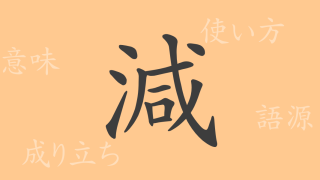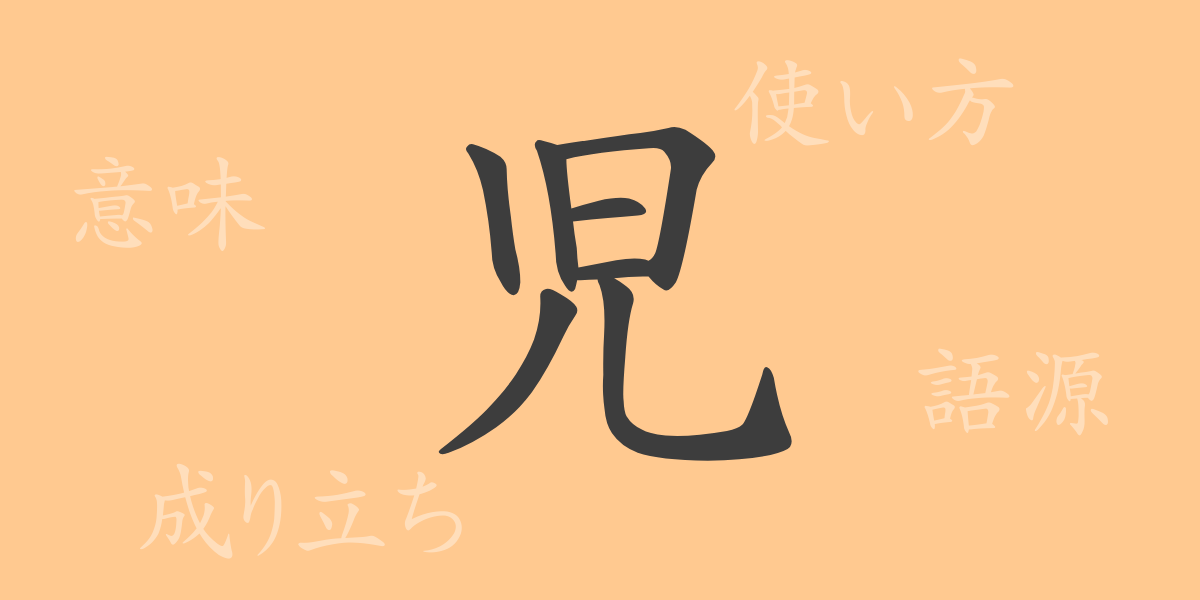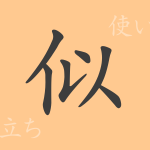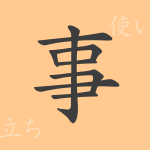Each character in the Japanese language carries its own unique history and meaning, and the kanji “児(じ)” is no exception. This article will delve into the origins, meanings, usage, readings, and stroke counts of “児,” as well as the idioms and proverbs that include this character. Let’s explore the world of “児,” a familiar kanji in Japanese daily life.
Origins of 児(じ) (Etymology)
The origins of the kanji “児(じ)” date back to ancient China. Initially, it was a pictographic character representing a child walking. Over time, it evolved into its current form. The character was introduced to Japan along with Chinese culture and has since been used as an important character representing children in the Japanese language.
Meanings and Usage of 児(じ)
The kanji “児(じ)” is primarily known for denoting children. However, its use extends beyond that. In legal terms, “児(じ)” can refer to minors. It is also used affectionately to refer to someone, and in literary works, it may carry symbolic meanings. For instance, in terms like “孤児(こじ)” (orphan), “愛児(あいじ)” (beloved child), and phrases like “児戯(じぎ)に等(ひと)しい” (child’s play), the character “児(じ)” conveys a variety of nuanced meanings.
Readings, Stroke Count, and Radical of 児(じ)
The kanji “児(じ)” is straightforward and easy to remember due to its simple form.
- Readings: The on’yomi (音読み) is “ジ,” and the kun’yomi (訓読み) are “こ” and “-ご.”
- Stroke count: The kanji “児(じ)” consists of 7 strokes.
- Radical: The radical is “儿(にんべん),” which is related to the concept of a person.
Idioms, Phrases, and Proverbs Using 児(じ)
The kanji “児(じ)” is commonly used in various idioms, phrases, and proverbs in the Japanese language. For example:
- 孤児(こじ): Refers to an orphan, a child who has lost both parents.
- 愛児(あいじ): An affectionate term for one’s own child, implying deep love.
- 児戯(じぎ)に等(ひと)しい: Literally means “child’s play,” used to describe actions that are considered too frivolous for adults.

























